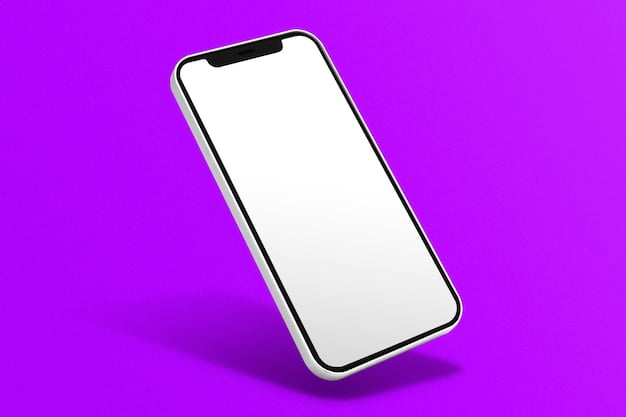
KOLKATA: The telecom regulator has mandated a minimum ring duration of 30 seconds for outgoing mobile calls before they are disconnected, and 60 seconds for such calls to landlines, a view that was backed by the older operators Bharti AirtelNSE -2.20 % and Vodafone Idea but opposed by Reliance Jio, which wanted a shorter span of 15-to-20 seconds.
The Telecom Regulatory Authority of India (Trai) regulation, issued on Friday, though has mandated the terminating or “destination network” to initiate the “force release” or call disconnection process after the specified minimum ring span, and not the originating network. This is since it feels “the terminating network is in the best position to determine the no-answer condition”.
Accordingly, Trai has mandated the terminating network to disconnect the incoming call — in this case — after the minimum ring span and simultaneously inform the originating network. But in the event, the originating network does not receive the message, it can disconnect the call from its end after 90 seconds.
“The Authority is of the view that force release of incoming voice call after specified duration of alert be initiated by the terminating network, (though) in case of abnormal conditions, originating network may force release the call after waiting at least for 90 seconds,” Trai said in its quality of services standards regulation for mobile and landline services.
These regulations, it said, would be effective “after 15 days from the date of publication in the Official Gazette”.
The call ring duration issue is at the heart of the interconnect usage charges (IUC) spat between the older carriers and Jio. Bharti Airtel had alleged earlier that Jio had shortened the call ringing time to manipulate the IUC regime. A shortened ring time span meant more missed calls, and therefore greater return calls to the Jio network, enabling the Mukesh Ambani-led telco to cut its net interconnect payouts to the incumbents.
IUC is paid by the call originating telco to the destination carrier for carrying its voice traffic. Airtel and Voda Idea are net revenue gainers under the present IUC system, while Jio is a net payer.
Jio, on its part, had dismissed the allegations, saying 15-20 seconds call alert span is a globally followed norm. It had further contended that it was the incumbent operators that were gaming the IUC regime by charging their 2G/3G customers high voice tariffs as these customers were unable to move to the more efficient 4G operator owing to not having a compatible device.
Back in September, incumbents had told Trai that Jio’s decision to cut ringing time to 20 seconds — or just 4-5 rings — had hugely inconvenienced customers. Top executives of Airtel, Vodafone Idea, BSNL and MTNL had subsequently urged the regulator to set the minimum ring time for answering a call to 30 seconds, saying a reduced ring time of 20 seconds was also hurting voice call parameters and changing traffic flow patterns.
Jio had, subsequently, increased the ring duration for outgoing calls before they are disconnected to 25 seconds from 20 seconds. It though had said that a longer ring time duration “would unnecessarily engage scarce radio spectrum resources when such calls are unlikely to be answered”.
In its discussion paper on how long a phone ought to ring before a disconnection, Trai had also sought views on whether mobile users should be given the option to customise ringing duration to improve customer convenience, and possible ways to do so.
In this context, Trai’s said feedback from stakeholders suggested new technologies such as AI and machine learning (ML), though potentially useful for customising call ringing spans, are not immediately available in networks currently deployed.
It added that Trai may “review the regulation as and when such capabilities become available”.
[“source=economictimes”]




